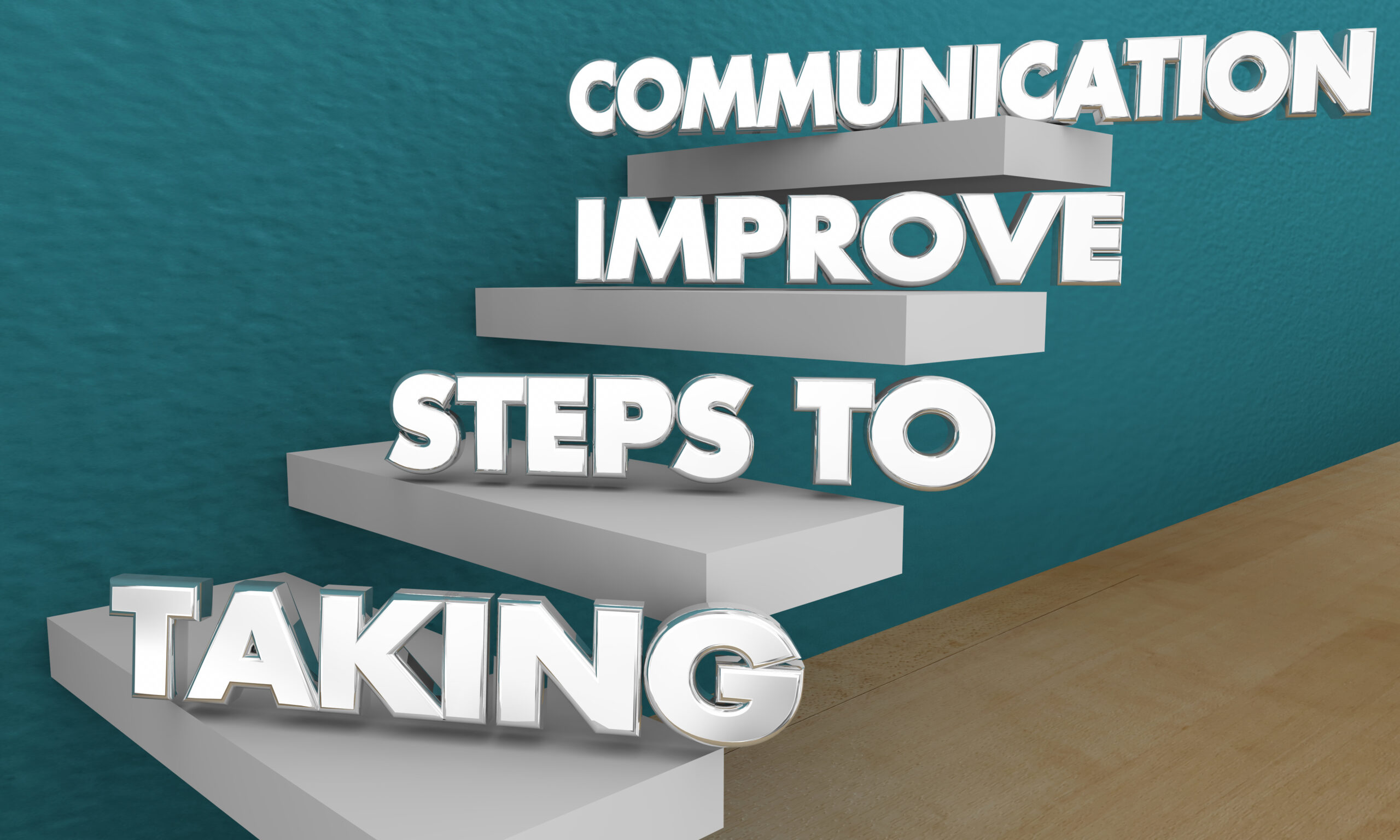Complete Communicator: The right answer to: “So, what do you do?”
Complete Communicator: The right answer to: “So, what do you do?”
By Jay Sullivan
While many professionals believe the art of communication is to know what to say, the true essence of effective communicating is to know how to be heard. That means putting yourself in the place of your listener. Easy to say and nothing new in terms of a concept, but what does that mean from a daily communication perspective?
Attorneys at medium-sized firms tend to be closer to the business of their firms than attorneys at larger, global firms where the direction of the business and the overall strategy decisions are left to executive committees. In mid-sized firms, every partner tends to act like the owner of the corner store. She’s responsible for more of the management than her counterpart at a bigger firm. That means she’s also more directly responsible for marketing the firm and bringing in business. That means always being in tune with how to explain the nature of the firm’s business and its practice areas.
When a lawyer is at a social event or meets someone new, eventually the conversation turns to how people make their livelihood. When asked, “So, what do you do?” many attorneys shrug and reply, “I’m a lawyer,” or, “I’m a partner in restructuring at Smith & Jones.”
They start with the name of their profession or their title rather than answering the question: “What do you do?” When someone responds to that question with their title, they are telling the other person they view themselves in terms of a status they have achieved, or a professional designation. A title doesn’t give the other person much to go on. Lawyers do many different things and function in many different capacities. If instead of using the “to be” verb, of “I am…,” they responded using the verb “help,” they communicate that they view themselves not in terms of a status, but in terms of a contribution they make to society. Try the following structure: “I help (who) do (what).”
Saying, “I’m a real estate attorney,” doesn’t tell people what you do or give them anything to go on to further the conversation. Instead, define a role in more immediate terms to the experience of others. “Have you seen all the construction on Main Street? I help make sure that when the city starts those projects, they can finish them.” That’s inherently more interesting to the listener. It ties into their experience.
I led my consulting firm for 12 years. I never once introduced myself as the managing partner of Exec|Comm. We’re a small company. It’s presumptuous to assume anyone would know who we are. And telling someone I’m the managing partner would say nothing about what I did on a daily basis. I instead said, “I help people communicate better.” It always sparked a response.
Someone introducing themselves as a “restructuring counsel,” doesn’t start conversations; they end them. The listener may have no idea what the term means, so rather than risk appearing uninformed, they change the topic or end the conversation.
Positioning a firm and an individual from the perspective of the listener has a huge impact on how a firm is perceived by others. It goes beyond a lawyer introducing himself at a cocktail party. It carries over to how the firm is presented on its website.
Visitors to a firm’s website already knows they are reading about a law firm, so that context is set. Once a potential client arrives on a firm’s landing page, do they read about the firm or about how the firm impacts its clients? The second is more relevant for the reader. Headings that begin with, “We help clients accomplish X,” speak to readers about their major concern, themselves.
The reader who needs to address a personal or professional problem does not think about that problem in legal terms. They think about it in terms of the problem they are facing or the goal they are trying to achieve. They don’t know the legal avenues to addressing it or the terminology around that issue. They are looking to manage their estate. They don’t know that they need an inter-vivos trust or a GRAT or SLAT.
When we communicate in a professional context, we can only talk about one of three things: ourselves, our content, or our audience. Other people are rarely interested in us, so we can and should spend very little time talking about ourselves. They don’t really care about our content. That’s hard for most professionals to hear, since it’s what they spend all of their time preparing. The listener cares deeply about how our content impacts them, which is different from the content itself. Most clients don’t care about the intricacies of how a SPAC works. They want to know how they are going to bring their nascent company public and fund their IPO. Thinking about the objective for a conversation is what helps us communicate in a way that makes us more effective.
Most lawyers have a great story to tell that highlights their expertise and bolsters their brand. They’re more effective when they talk about themselves and their organizations in terms of how they impact the listener. Craft messages based on what’s most likely to resonate well with others. So, what do you do?
![]() Jay Sullivan is a former practicing attorney and a partner at Exec/Comm, LLC, a communications consulting firm. He can be reached at [email protected]. He is the author of ‘Simply Said: Communicating Better at Work & Beyond.
Jay Sullivan is a former practicing attorney and a partner at Exec/Comm, LLC, a communications consulting firm. He can be reached at [email protected]. He is the author of ‘Simply Said: Communicating Better at Work & Beyond.
Share this story, choose a platform
Brought to you by BridgeTower Media
Free Weekly Newsletter
Recommended content
Reputational Management: Why values-driven communication protects law firm reputation
Reputational Management: Why values-driven communication protects law firm reputation By Gina F. Rubel and Elizabeth Ogilvie In volatile times, values are not abstract [...]
How to challenge effectively (even when you have less power)
Learning to tactfully challenge a colleague’s decisions or reasoning is a skill. Here are some ways to start the dialogue. [...]
6 succession planning mistakes lawyers make
When small-firm owners fail to smoothly retire from their practices, it’s usually due to failings many years in the making. [...]
The practical realities of running a bilingual law firm
Speaking the same language as clients does not necessarily mean they are understanding you enough to participate fully in their [...]






